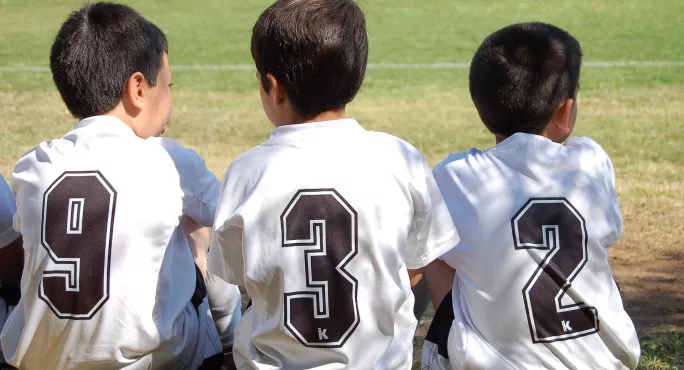After a turbulent 18 months living with Covid-19, the return of sporting fixtures such as Euro 2020 and Wimbledon has been a welcome respite for many of us, enabling families and friends to unite in a celebration of sport.
Although in school we tend to think of sport as the domain of PE lessons, it can also provide a topical and relatable framework for cross-curricular discussion around ideas such as teamwork, resilience and leadership.
This term, we have been focusing on the skills and values that children can learn through sports. The excitement in the classroom around the Euros and other summer sporting events is providing an ideal opportunity to learn about positive values.
Euro 2020 presents learning opportunities for schools
We have been using an immersive, story-based learning platform to explore stories of young people from different countries competing in sport and we have seen our students deeply emotionally engaged in these lessons.
For example, one story we have been exploring shares the experience of a young girl from Chengdu, China, who is taking part in the world’s largest sporting competition for children, the Norway Cup football tournament.
Through the story, pupils learn how playing football, and the support of her teammates, is helping the young girl to cope with bereavement.
We also took pupils on a virtual trip to Palestine, where they met a young girl playing football to represent her country in difficult circumstances.
The immersive learning experience enables pupils to virtually explore the homes and environments of the characters in the story, to consider what the children featured might be like, what their lives and backgrounds might be and how they might feel about their circumstances.
Understanding the world
It has been great for their critical thinking and for understanding themselves and the world better. This work has sparked great classroom discussions about different barriers to accessing football across the nations, the similarities and differences in attitudes to football, and how we can learn to strengthen our own values to better cope with challenges and disappointment.
Children have also reflected on how football teaches you to cope with pressure and what it means to lead a team through success and failure (learning which they have enjoyed applying to watching the penalty shoot-outs).
Full of friendly competition, patriotism and sportsmanship, sports not only provide physical health benefits, but also invaluable emotional and social skills for children to learn.
Sport and physical activity don’t have to be restricted to PE lessons. With the right tools and resources, they can provide a topical and engaging framework for learning about important values that have relevance right across the curriculum.
Helen Shaw is principal at Cheam Fields Primary Academy in Sutton
